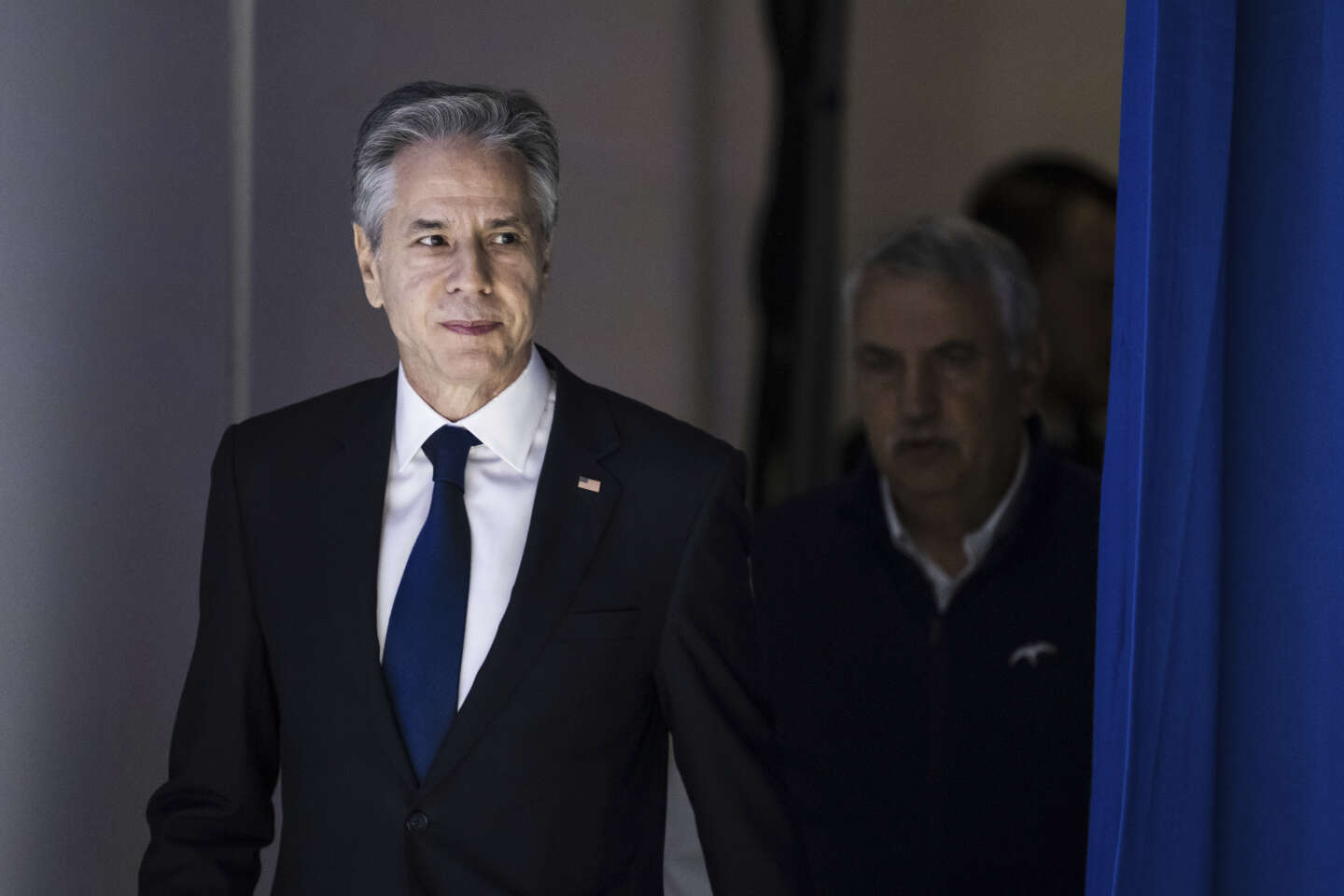


The idea of a major regional agreement to put an end to the war in the Gaza Strip and prevent a conflagration in the Middle East is resurfacing. With an air of déjà-vu, normalization between Saudi Arabia and Israel is being bandied about in return for the creation of a Palestinian state. On the Saudi side, it refers both to King Abdullah's 2002 Arab peace initiative and to King Fahd's 1981 plan.
Before October 7, 2023, when the war between Israel and Hamas dispelled the illusion of a Middle East on the road to stability, US President Joe Biden's advisers were promising to pull off this tour de force in time for the launch of the November 2024 presidential election campaign.
In a strange flashback, the same formula has been presented by American emissaries to Arab leaders as a miracle solution. Without any self-reflection, as if no lessons had been learned from three months of a brutal war that has hardened positions in the region.
Saudi-Israeli normalization is therefore prioritized in the controversial plan of the US president's Middle East adviser, Brett McGurk, leaked to the American press. The man credited with convincing Biden to renew ties with Saudi Crown Prince Mohammed bin Salman – known as MBS – in the summer of 2022 and to continue the normalization project initiated in 2020 by the United Arab Emirates and Bahrain by his predecessor, Donald Trump, is now proposing to stabilize Gaza in 90 days.
Alpha and omega
At the Davos World Economic Forum on January 17, National Security Adviser Jake Sullivan didn't show the same optimism. Nevertheless, in the vision he outlined for the "day after" the war in Gaza, normalization between Israel and Saudi Arabia also appeared as the alpha and omega of a solution. "We are actively pursuing a pathway to normalization and integration with our regional partners. [...] A future where Gaza is never again used as a platform for terror. A future where Israelis and Arabs can live in peace, Palestinians have a state of their own and Israel’s security is assured," explained the American official.
This idyllic picture is sorely lacking in concrete proposals for achieving that horizon of peace and security. US Secretary of State Antony Blinken's early January tour of 10 countries in the region did not provide the beginnings of an answer.
Described as a "fiasco" by diplomats, it was dominated by the humanitarian catastrophe in the Gaza Strip and the escalation provoked in the Red Sea by Yemeni rebel attacks against maritime vessels using the Bab-el-Mandeb strait on their way to the Suez Canal. The prevailing feeling in Washington is that President Biden is content with minimal effort between now and the November presidential election.
You have 55% of this article left to read. The rest is for subscribers only.
